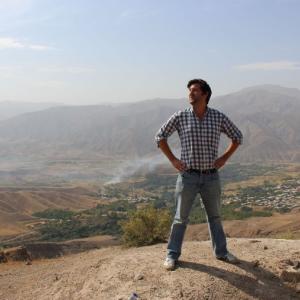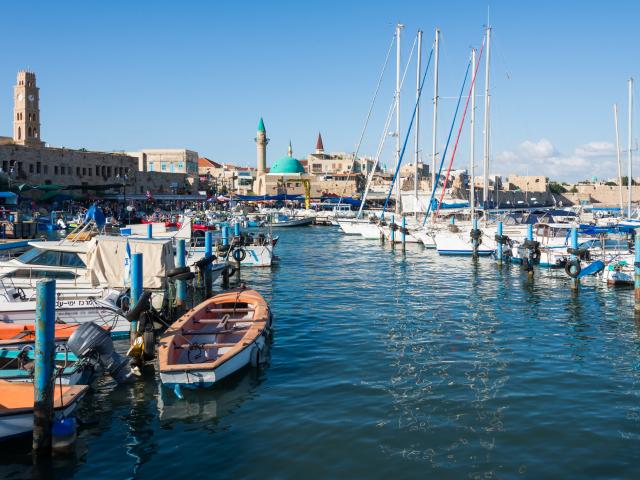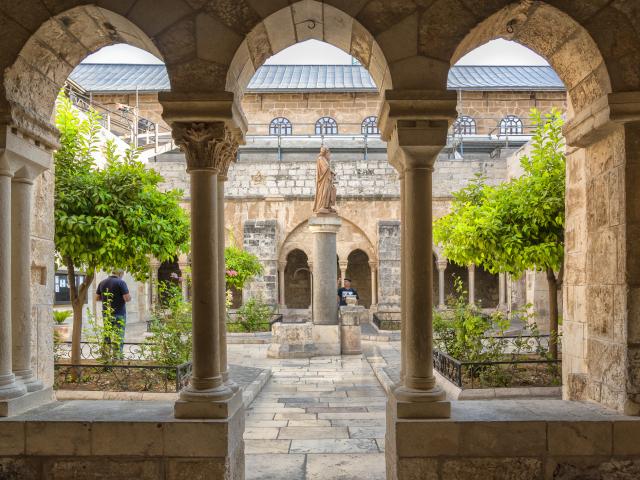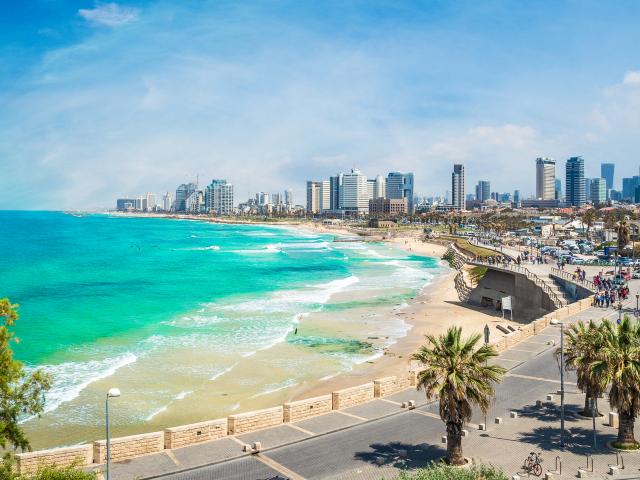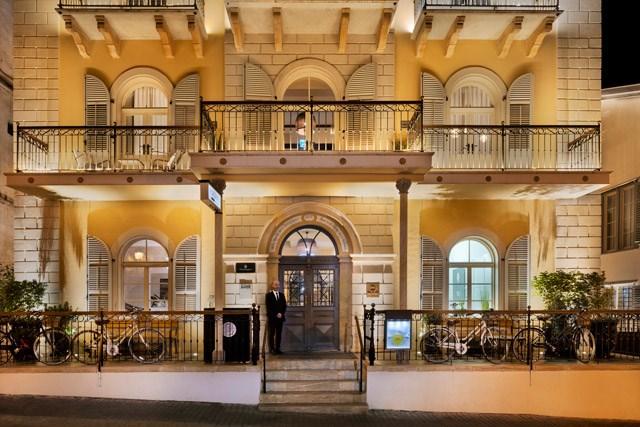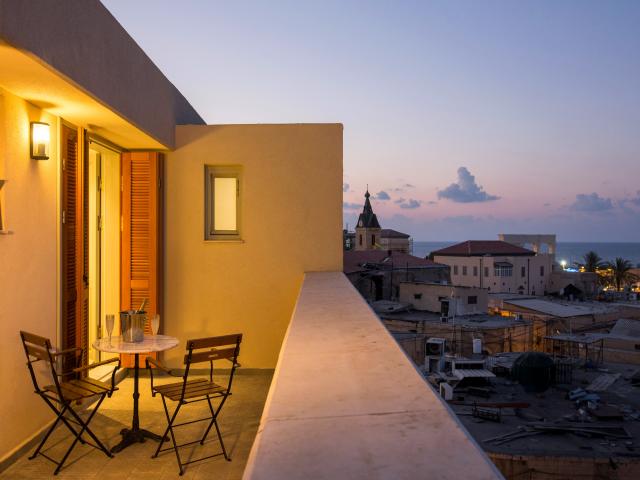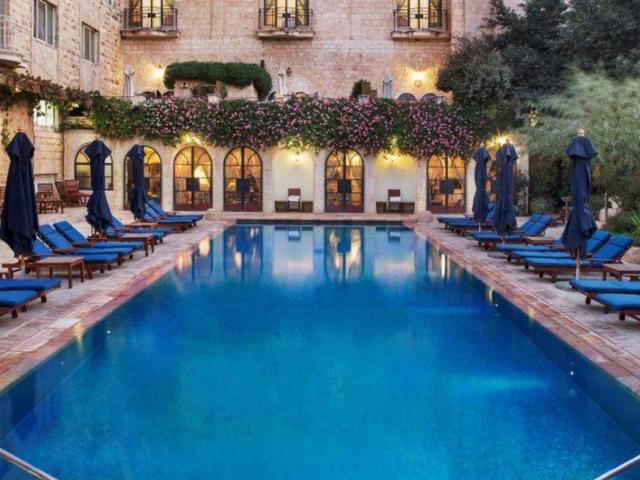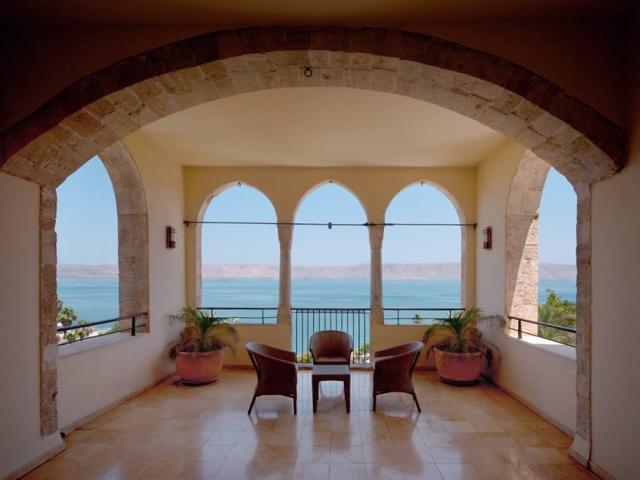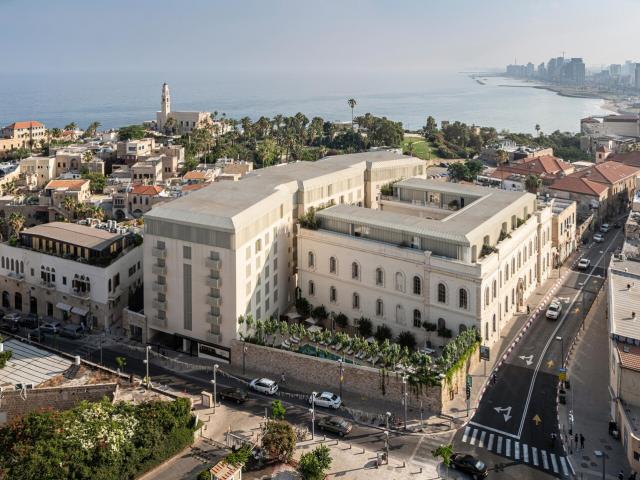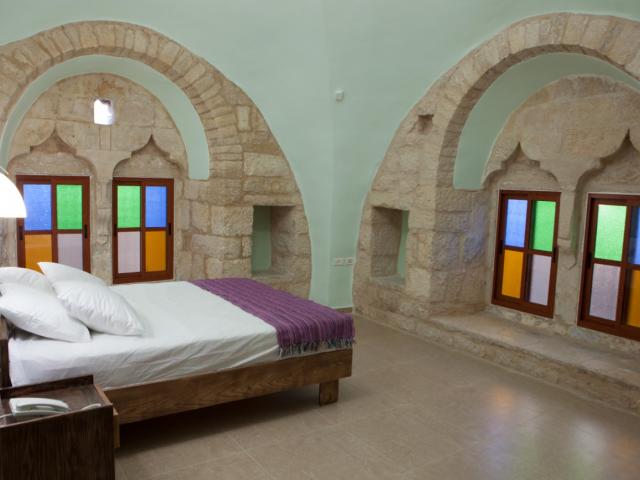Israel & Palestinian Territory Tours & Holidays
Small Group Tours & Tailor-Made Holidays
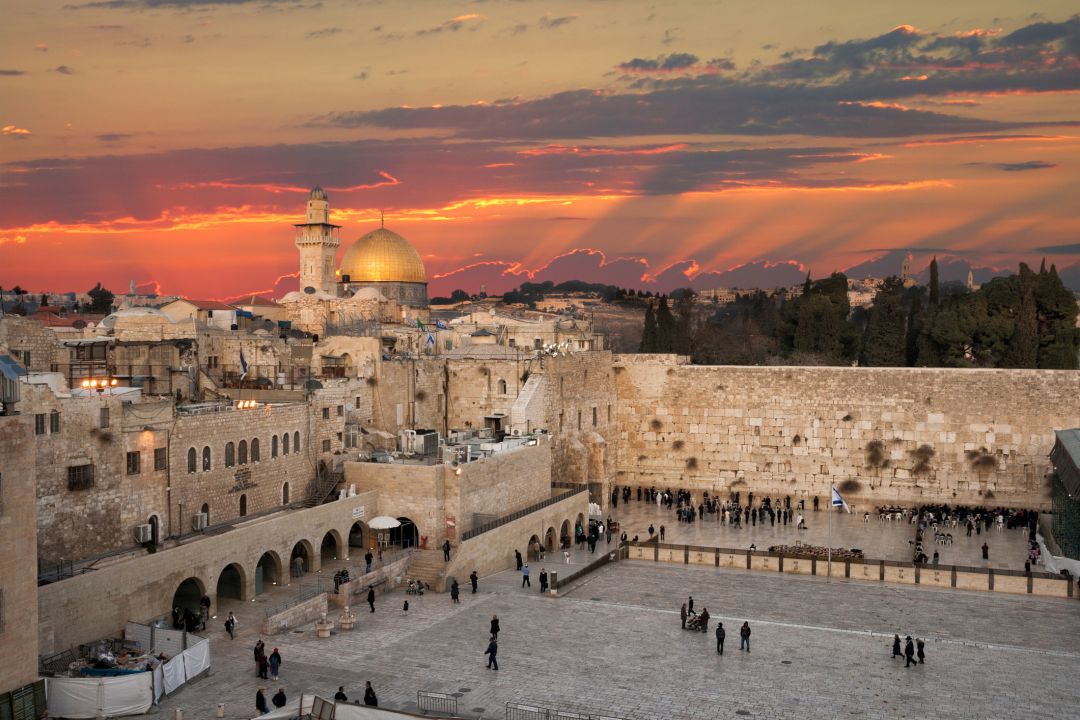
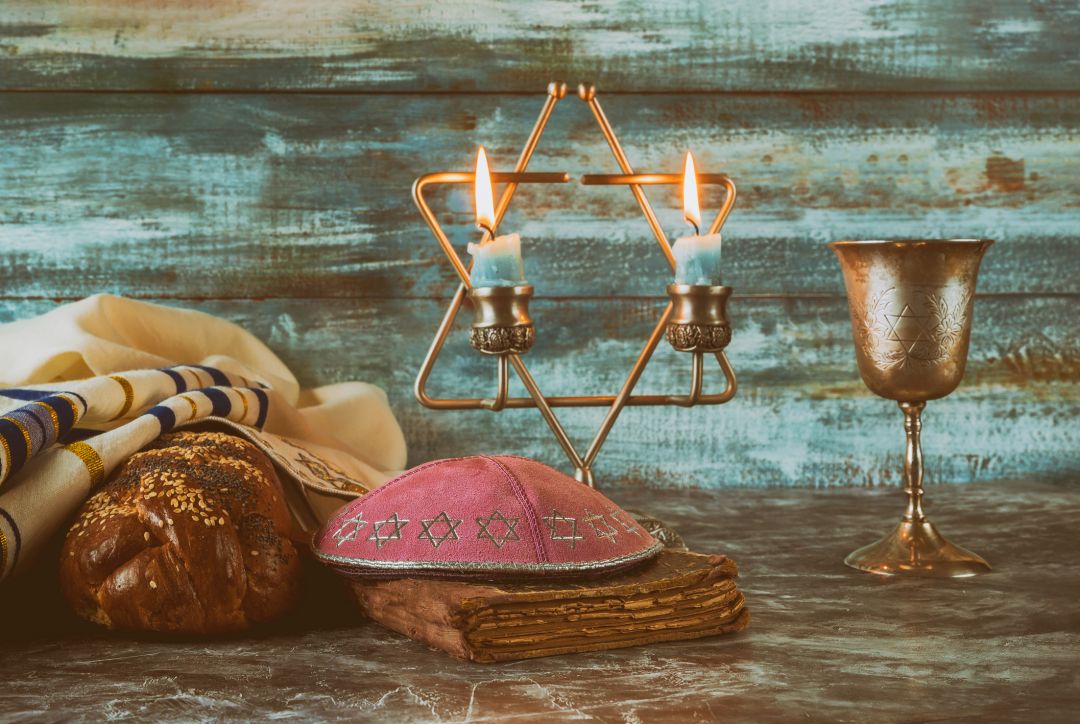
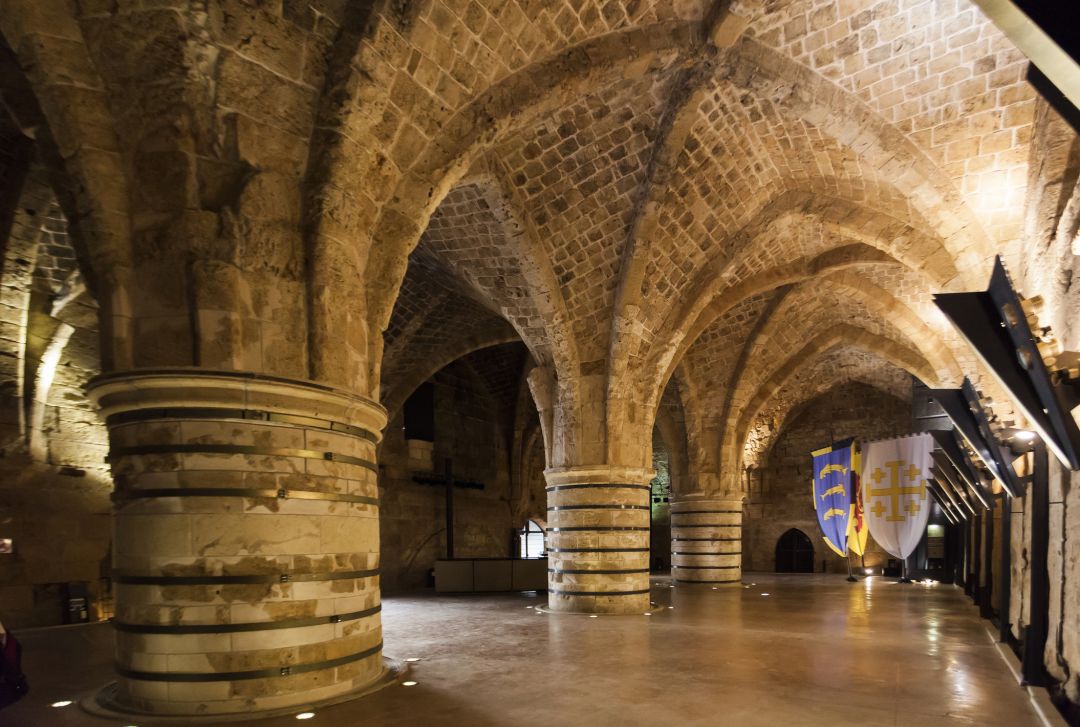
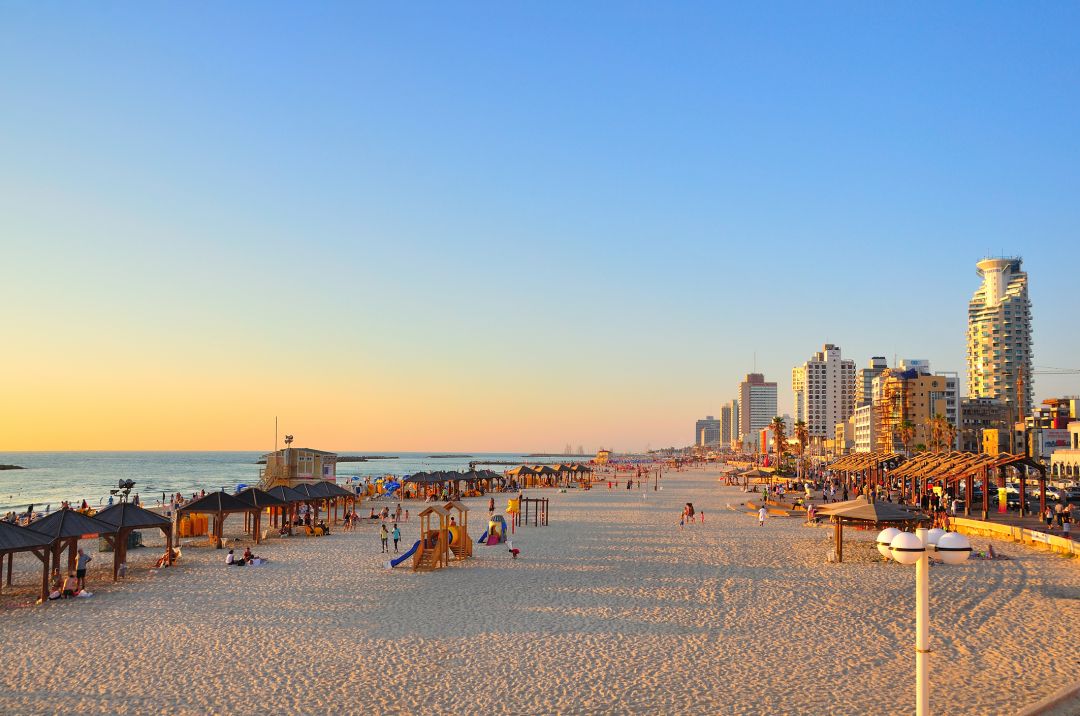
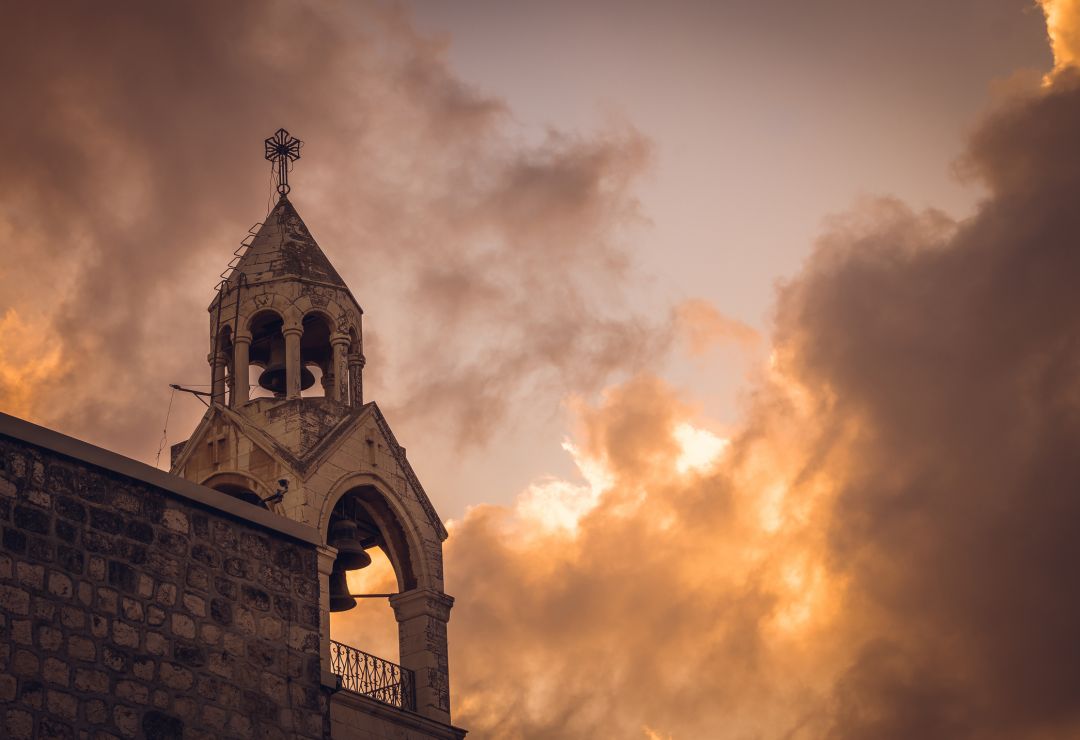
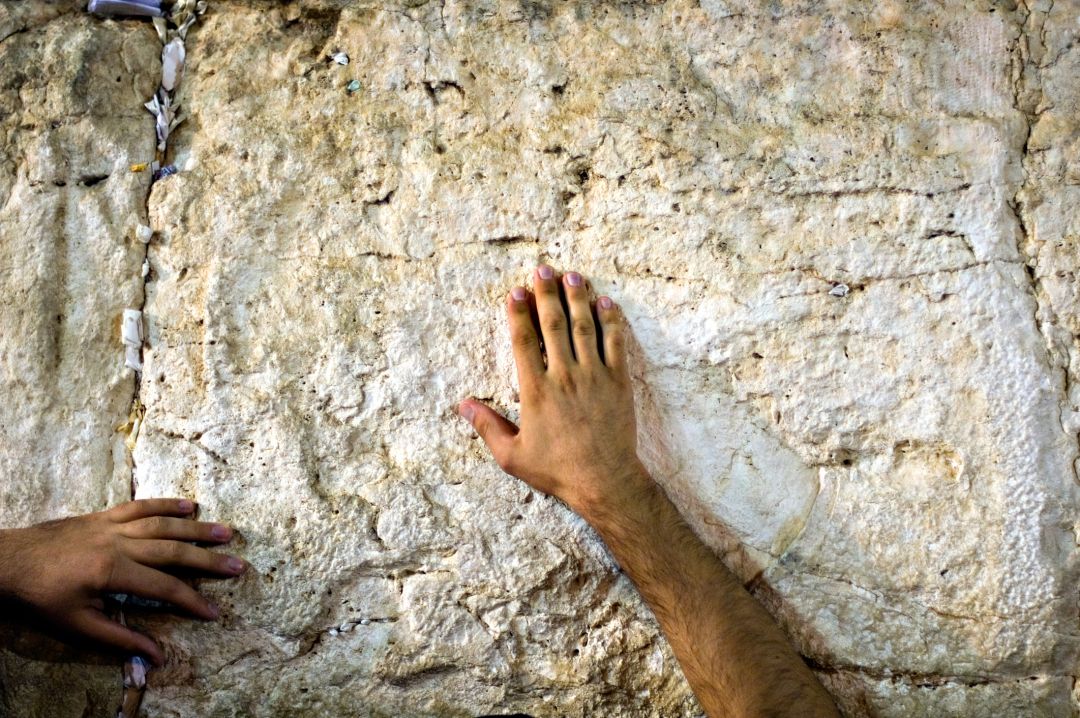
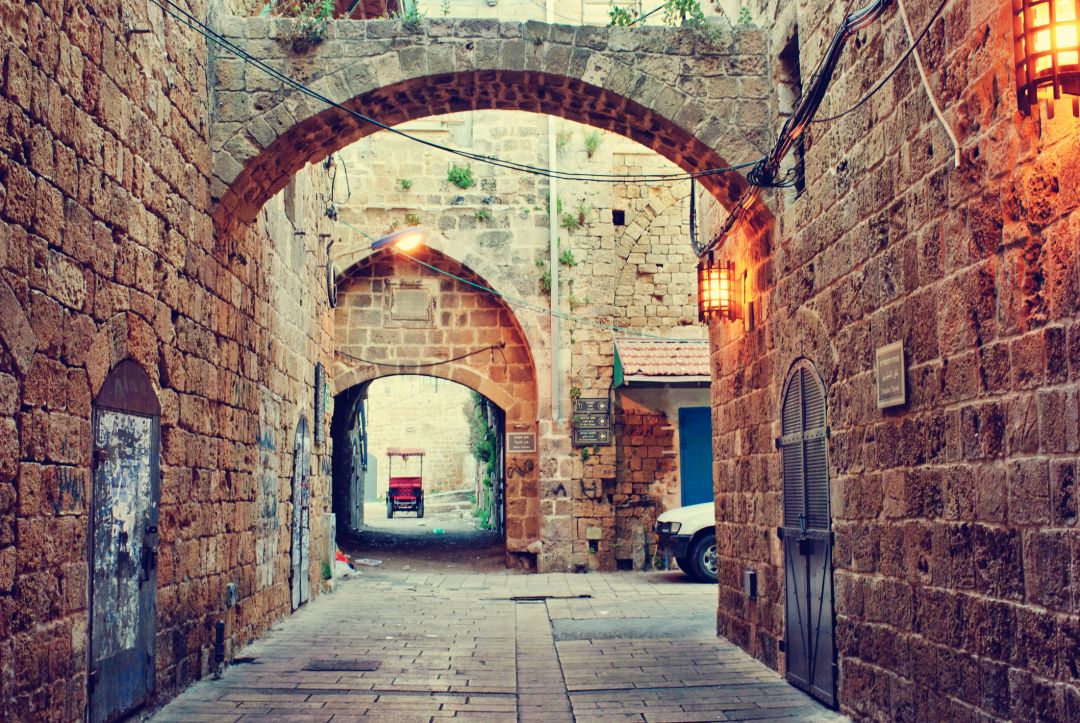
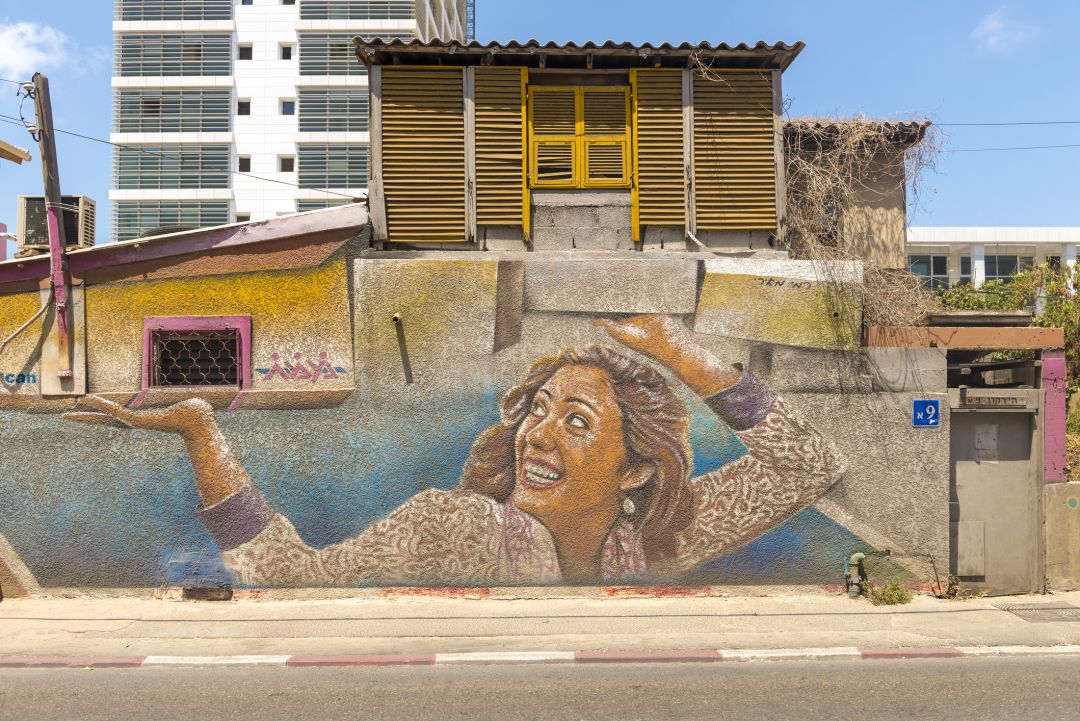
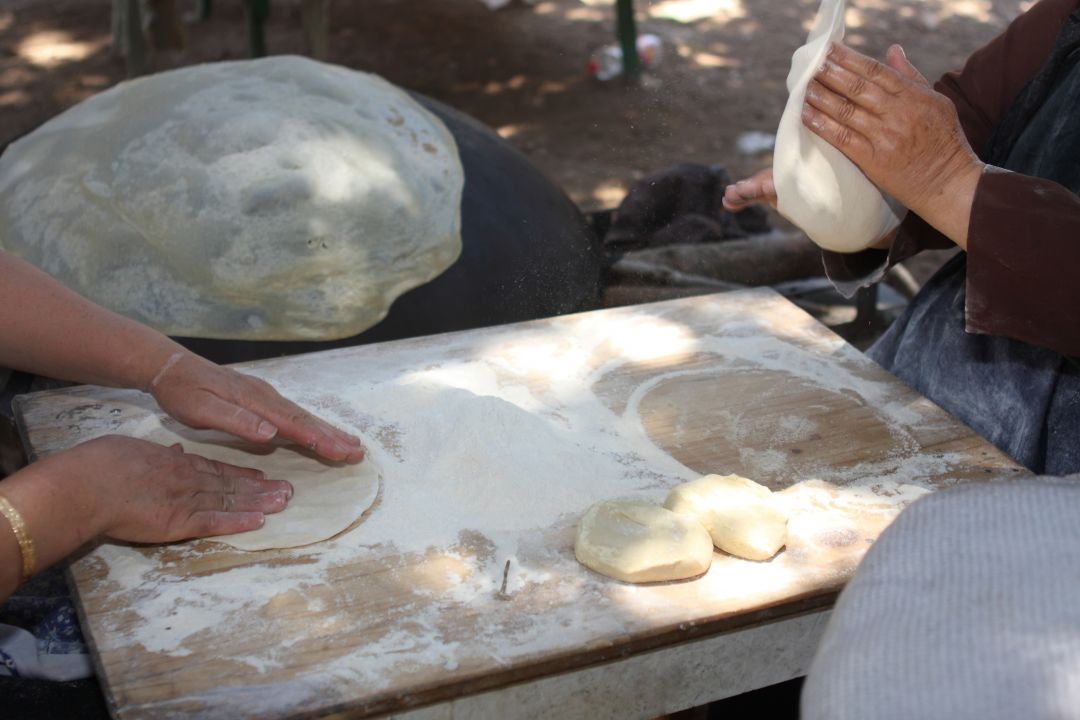
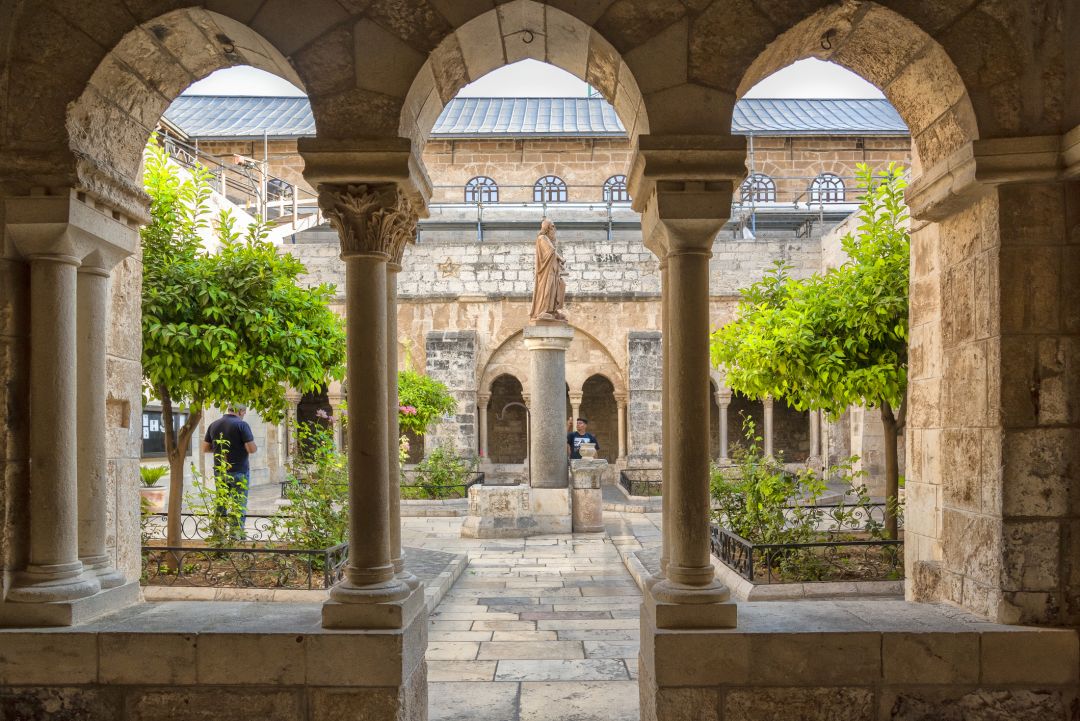
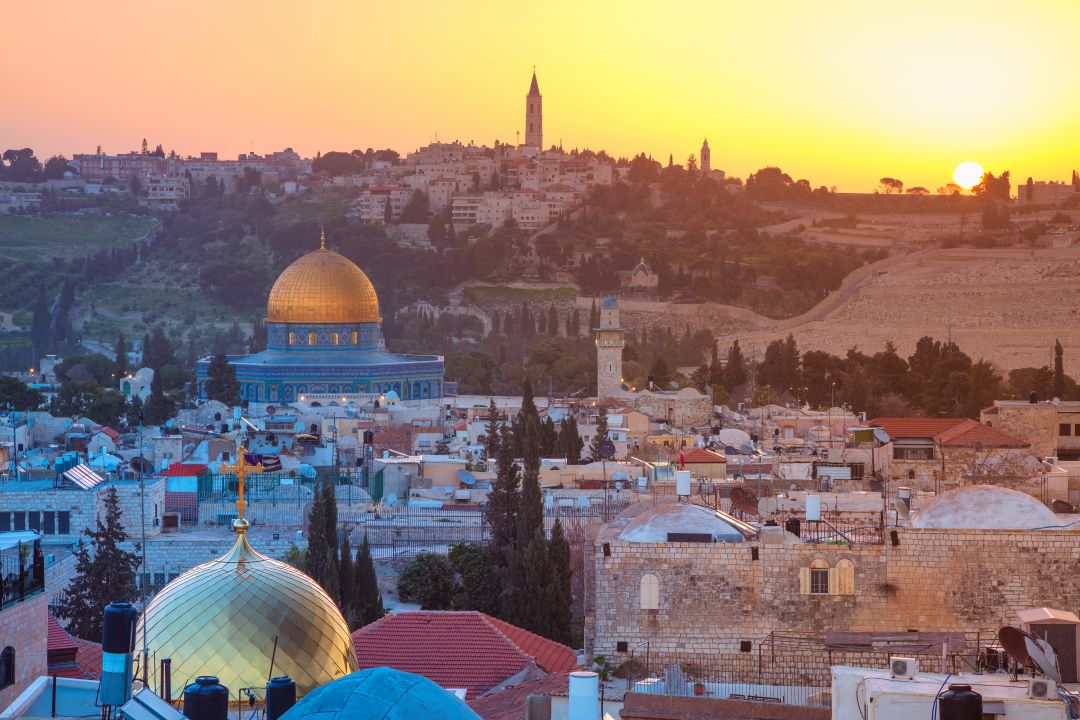
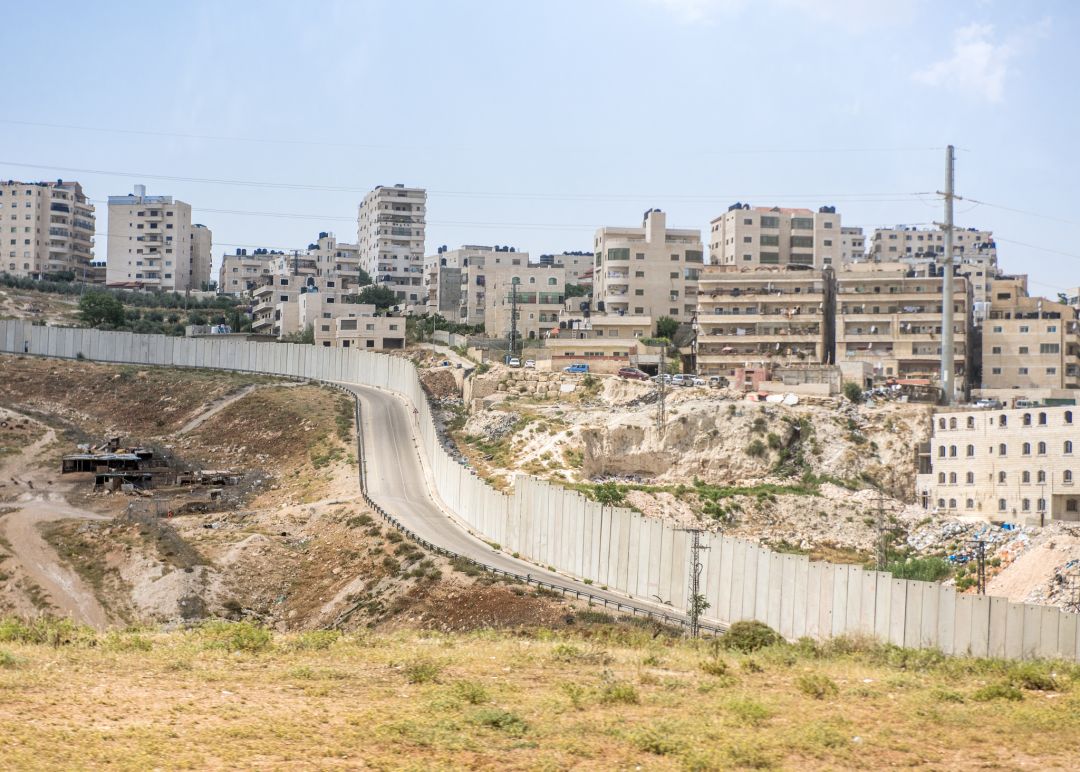
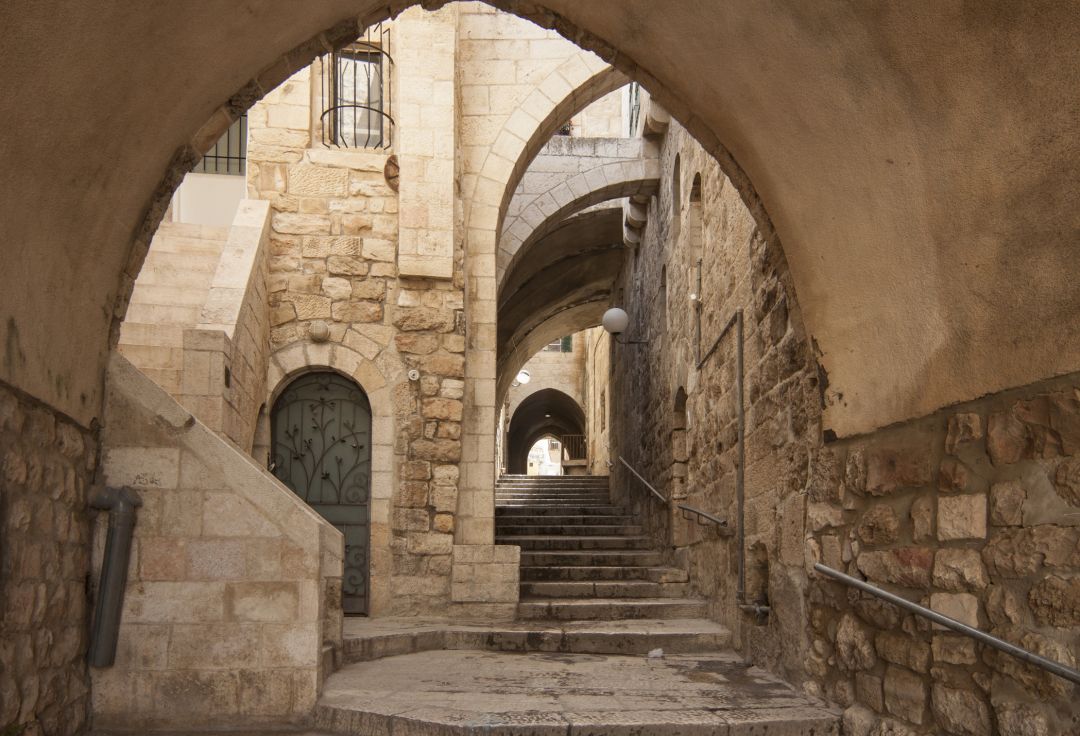
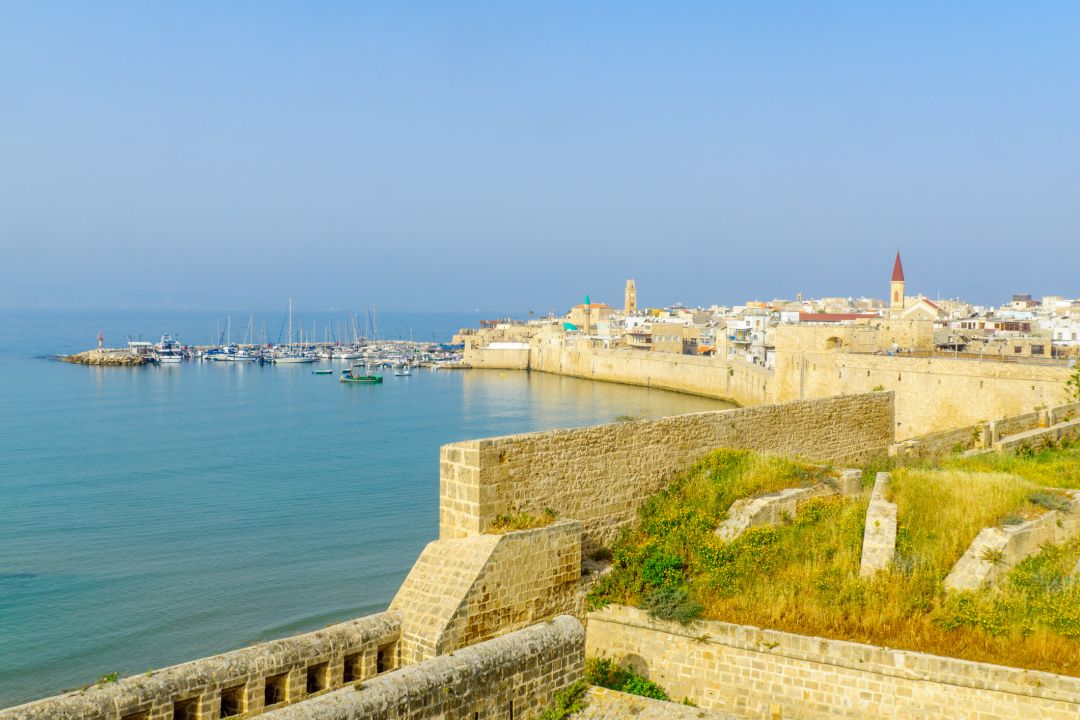
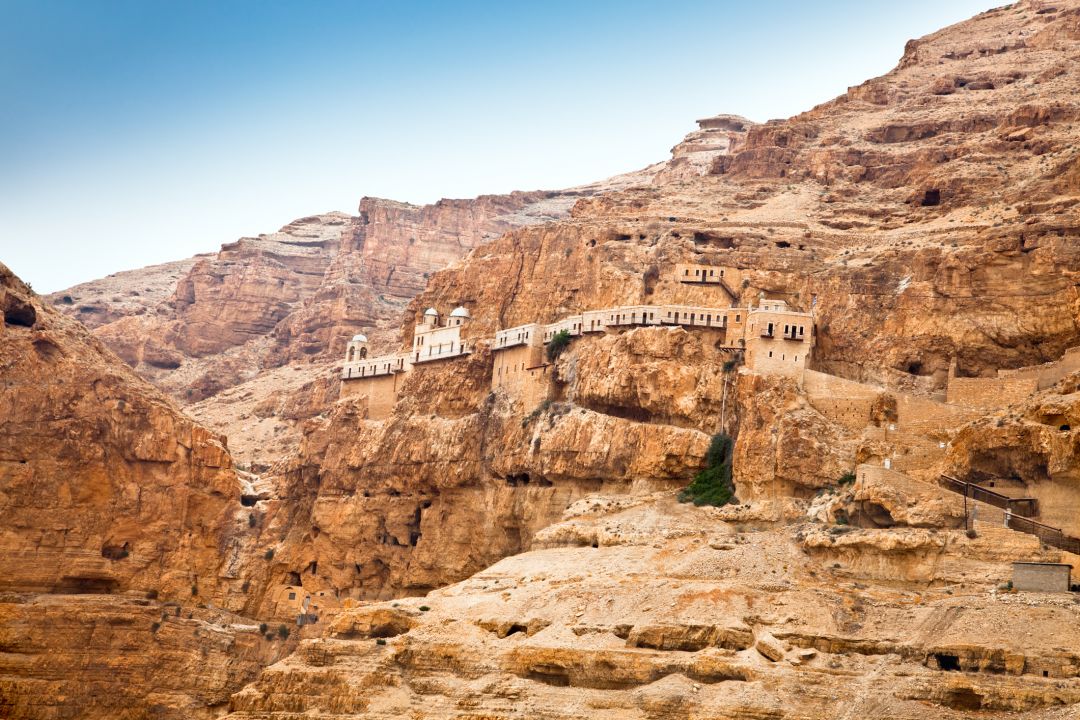
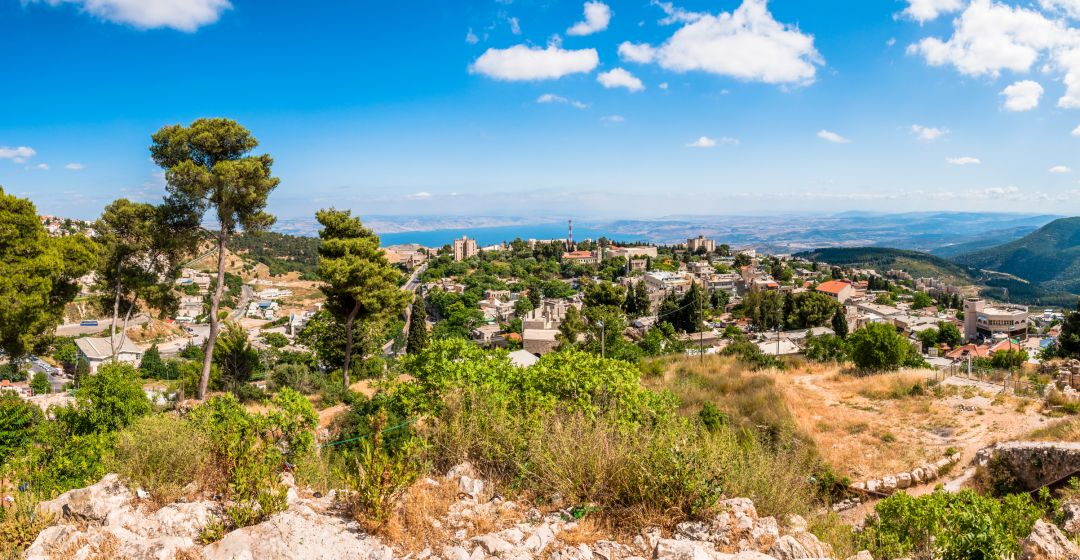
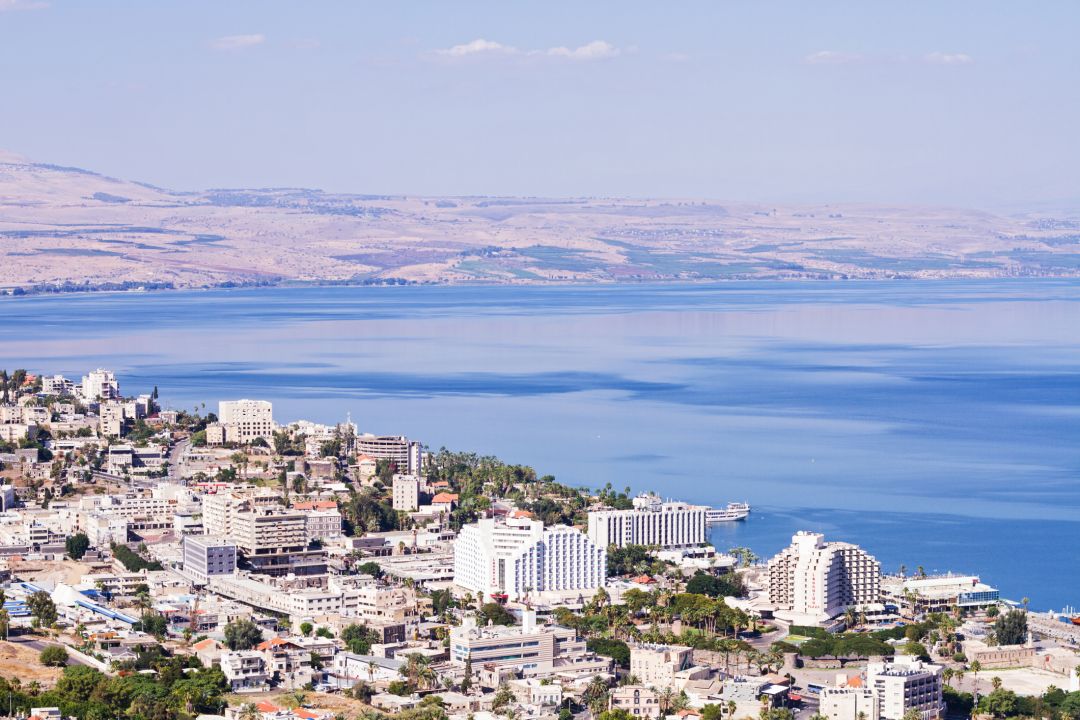
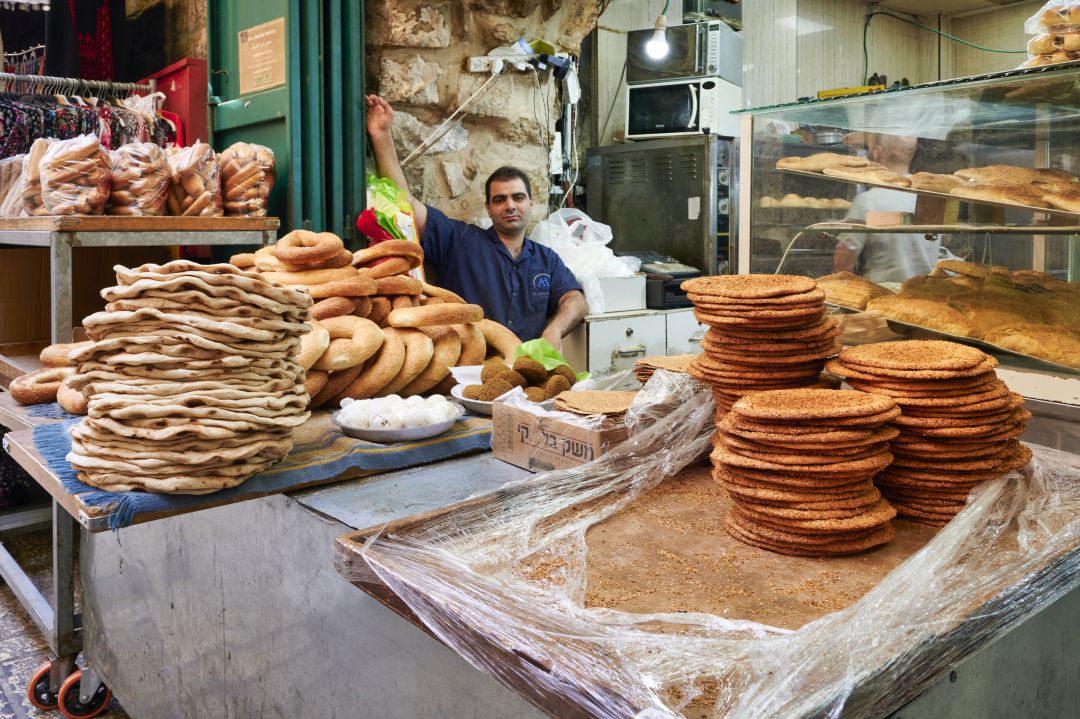
To view images fullscreen please turn device
Overview
A region that has lain at the crossroads of world history for over three millennia, Israel and the Palestinian Territory sits at the heart of a landscape that has witnessed some of the world’s most pivotal moments over the past three thousand years. From the passing of Crusaders and Saracens and the crucifixion of Christ, to the bloody conflicts of the Arab-Israeli wars, this troubled land has provided the backdrop to events that have shaped the world we live in today. This extraordinary ...
A region that has lain at the crossroads of world history for over three millennia, Israel and the Palestinian Territory sits at the heart of a landscape that has witnessed some of the world’s most pivotal moments over the past three thousand years. From the passing of Crusaders and Saracens and the crucifixion of Christ, to the bloody conflicts of the Arab-Israeli wars, this troubled land has provided the backdrop to events that have shaped the world we live in today. This extraordinary diversity of peoples, past and present, means that any visit to the region offers a multitude of experiences and encounters through some of the most culturally and historically significant landscapes in the Middle East. The rich landscapes of ancient Palestine for example are riddled with long distance footpaths - such as the biblical ‘Path of Abraham’ - Bedouin encampments and the unique waters of the Dead Sea. You can also visit the biblical cities of Jericho, Bethlehem and Jerusalem, some of the most revered and contentious settings on earth, where Christians, Jews and Muslims have long fought over the right to call these hallowed sites their own. Whatever draws you to this part of the world though, you will be setting foot into the pages of history.
Meet the Expert
Start your journey
Group tours
Travel to Israel & Palestinian Territory with like-minded people on one of our small group tours (usually max size 12), featuring knowledgeable local guides and an expert tour leader.
TAILOR-MADE HOLIDAYS
Whether you want to travel on one of our award-winning itineraries or build your own journey from scratch, our expert consultants will help create the perfect tour for your tastes and budget. Below are a few suggestions of the kind of trips we can offer, all of which can be tailored to you.
SUGGESTED ITINERARIES
HIGHLIGHTS OF ISRAEL & PALESTINIAN TERRITORY
BEST EXPERIENCES

Visit the Wailing Wall
Considered the holiest of all Jewish sites, the Wailing Wall became a place of pilgrimage for Jews to come and mourn their ancient loss. The Wall now functions as a open air synagogue and prayers written on paper can be found hidden in the cracks in the wall.

Enjoy Shabbat with a local family
In Jewish culture, Shabbat is a day of rest beginning on Friday evening when families come together to celebrate with a tasty, traditional meal. You'll have the unique opportunity to be welcomed to join Shabbat and get an insight of Jewish culture in Israel.

Visit the Church of Nativity
Undoubtedly the top attraction in Bethlehem, the Church of Nativity is the site believed to be the birthplace of Jesus of Nazarath. The church was built over the cave that marked Jesus’ birth is one of the oldest operating churches in the world.

Explore ancient Tel Akko
Discover the remains of the ancient city of Akko before it was resettled on what is now the "Old City". When multiple cities are built on top of each other, you can see how it looks over time by seeing the hill close by where a statue of Bonaparte sits atop.
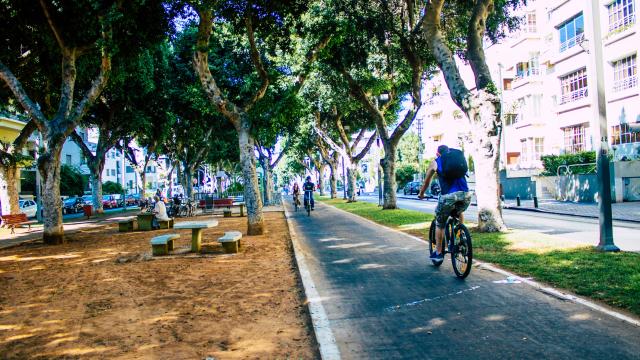
Take a city bike ride
Tel Aviv is perfect for exploring by bicycle, giving you an alternative, carbon-free perspective of the city. Cycle through the streets alongside locals taking in the beachside promenade, spotting Bauhaus architecture and soaking up Israel's recent history.
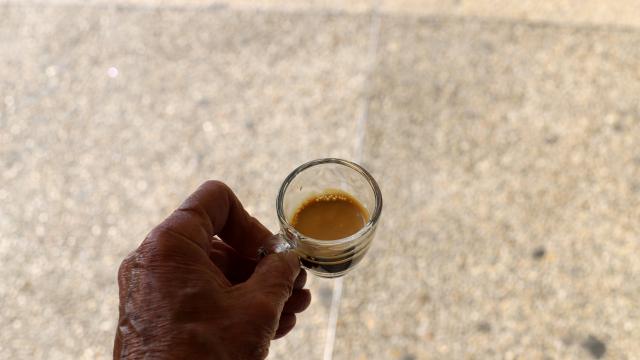
Meet a settler of Efrat
Efrat is considered an illegal settlement under international law but this is contested by both the settlers and Israeli government. Take the chance to speak to one of the settlers who'll provide some insight into a contentious part of life in Isreal.
TOP PLACES TO VISIT
OUR FAVOURITE PLACES TO STAY
Discover more
WHEN TO GO
Conditions can vary dramatically from region to region, but it’s generally accepted that the area has two seasons, winter when it is cold and rainy – even by our standard! And summer when it is hot and dry. Usually autumn / winters can be quite rainy; traditionally spring is seen as the best season to travel.
Meet the expert, Dan
Dan is our Middle East expert, who has travelled extensively in the region.
Speak to Daniel by calling
+44 (0)20 3944 6258
USEFUL INFORMATION
Health and Vaccinations
There are no mandatory immunisations for travellers to Israel & Palestinian Territories though you should be up-to-date with Typhoid, Tetanus, Polio and Hepatitis A. Please note we are not medical professionals and so we highly recommend you seek advice from your local GP or travel centre as to the correct immunisations and preventative treatments.
Currency
In Israel & Palestinian Territories the official unit of currency is the Shekel (NIS).
To check out the latest exchange rate for the places that you are visiting you can go to www.oanda.com.
Cultural Sensitivity
On our tours you will frequently interact with local people, each with their own distinct customs and traditions. We therefore ask you to be considerate and to treat them with respect. Your tour-leaders and guides will always be able to advise you accordingly.
Women should wear modest clothes, skirts or trousers which cover below the knee. In the religious buildings, women should cover their heads with a scarf or hat, while men should take their hats off.
Shabbat, or Jewish Sabbath, is a tradition in Israel. From Friday sunset to Saturday sunset every week, establishments will close, even in Tel Aviv. The holy day traditionally means any work involving vehicles and cooking is forbidden in order to switch off electricity. Although the atmosphere is calmer, you will struggle to find a taxi or mode of public transport. In the Arabic quarters of cities, life goes on as normal so you should be able to find an open restaurant or bar.
Language & Religion
Hebrew is the country’s official language, and almost the entire population speaks it either as native speakers or proficiently as a second language.
There is no other country in the world that has so much religious significance for so many people and religions. The main religions practiced are Judaism, Islam and Christianity, with a wealth of branches of these and other religions. Learning about their history is one of the most enriching experiences of travelling in the area.
Time
Israel & Palestinian Territories is 2 hours ahead of GMT.
A useful website to check the time zone differences is www.worldtimezone.com.
Food and drink
Israel & Palestine Territories are a real melting pot of different styles of food from the surrounding areas. From the Middle Eastern influence (falafel, humus, olives, kebab style meats and a wonderful selection of fruit) to oriental influences, and even some Eastern European cuisines that Jewish immigrants of Hungarian descent brought over with them. A real highlight is the Arab sweets and pastries soaked in honey.
